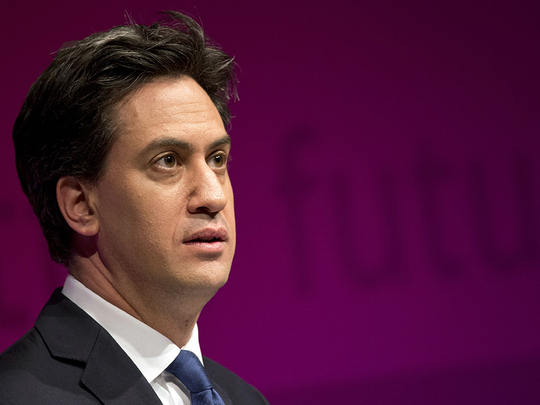
There is left versus right, liberal versus authoritarian, globalist versus nativist. But the deepest faultline in politics concerns the importance of politics itself.
On one side are those who believe politics shapes society. If a leader is brave and big-thinking enough, he can remake a country like a painter illuminates a blank canvas. The left, and conservative adherents of the Great Man theory of history, tend to this view.
Others are fatalistic. They believe a society decides for itself how and when it wants to change. If voters want a real rupture, politics is merely the transmission mechanism they use to achieve it. If they favour continuity, nothing a politician does can buck their will. And if one tries, like Ted Heath with his photo-Thatcherite confrontation with the trade unions in the 1970s, the country rejects the attempt as a body rejects a foreign object.
As his example shows, the number of prime ministers who wanted to achieve big change is greater than the number of times big change actually happens. This suggests the fatalists are right: External circumstances matter more than human agency, electoral demand matters more than political supply.
Even elderly Britons have only lived through two “change” elections. In 1945, voters enervated by war craved a welfare state. By 1979, they wanted the state to retrench. Believers in the primacy of politics credit Clement Attlee and Margaret Thatcher, the prime ministers in question, as revolutionaries. But fatalists see them more accurately as instruments of a public will that had already settled upon a course.
Public consensus
By now, one thing should be clear about the otherwise opaque and unpredictable general election in May: This is not a change election. The opposition Labour party can win, just as Heath won in 1970, but it will not be given a mandate to do as much as it would like. Yes, Britons are grouchy about the governing Tories’ out-of-touchness, the runaway success of the rich, the misdeeds of the political class, the magnitude of immigration. But a mood of vague cussedness — otherwise known as being British — does not equal a demand to revise the national economic model from first principles, which is what Ed Miliband had in mind at the start of his Labour leadership.
In a change election, the public mood is characterised by two things: total rejection of the present political and economic order, and a sense of what should replace it (even if this is as nebulous as more public spending or less of it). It is not obvious that the first of these impulses exists in Britain in 2015, and it is obvious that the second does not. The polls show a public consensus in favour of nothing in particular. Voters appear to want their country tweaked but not turned upside down in the way the left anticipated when the crash took place.
As prime minister, Miliband would have to govern more moderately than is his personal inclination. Or he can govern as a radical for a while and then retreat in the face of the Heathian backdraught he would provoke, known in France as “doing a Mitterrand”. The smart money is on the first scenario. Miliband is an idealist, but not in defiance of all political reality. His ideas are becoming more modest. His policy on university tuition fees, announced last week after years of incubation, would cut the annual charge from £9,000 (Dh50,885) to £6,000. This is not nothing, but it is not a great taming of capitalism either.
Lowering poll expectations
In retrospect, Labour’s underperformance in the local and European elections last May was a bigger event than was understood at the time. It was the moment the party marked down its electoral expectations a notch or two — as well as its estimate of public readiness for an economic revolution.
The party’s consolation is that the Conservatives, too, have something to fear from the absence of a change Zeitgeist. If there is no popular pressure for Britain to adopt Rhineland social democracy, there is no demand for a zoom in the opposite direction either. The Tories cannot go into this election looking like they want a much smaller state for the sake of it. Labour suspect exactly that impression was created by George Osborne’s autumn statement in December. The chancellor should use what fiscal room he has to take the edge off that image in his budget this month.
Before the 1979 election, James Callaghan, the Labour prime minister, spoke privately of a “sea change . . . a shift in what the public wants and what it approves of”. A smart politician can sense this kind of thing — and its absence —without looking at polling evidence. There will be no sea change in 2015. The best way of losing this election is to pretend otherwise.
—Financial Times










